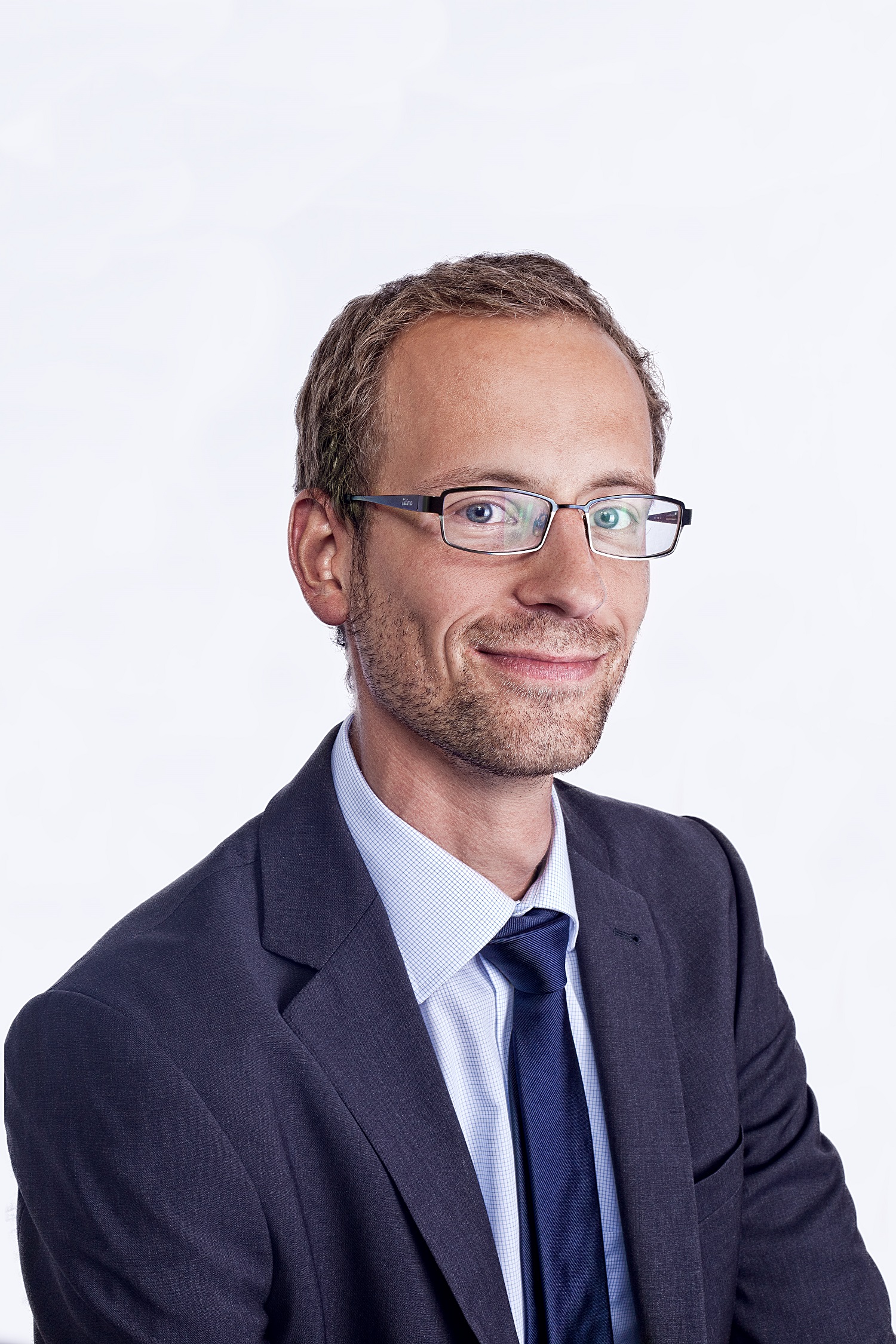The Fraunhofer-Gesellschaft intends to continue developing the knowledge landscape in Germany with new centres of excellence. Strong scientific regions will reinforce the innovative strength not only in Germany but also in Europe. Fraunhofer IML goes ahead with the “Centre of Excellence for Logistics and IT“ together with partners from science and business. With the variety and excellence of institutes and chairs, projects, initiatives and networks Dortmund strengthens its position as one of the most important locations for logistics and IT worldwide, says the manager of the new Centre of Excellence, Dipl.-Logist. Michael Schmidt.
Logistics is the central science of the 21st century – and Dortmund is one of the places where logistics was established as scientific discipline. For many year logistics research in Dortmund has been the master mind and driving force of tomorrow’s logistics. With “Centre of Excellence for Logistics and IT“ the location will be extended together with partners from business and science. By effective bundling of competencies in research and industry at eye level with large international research centres it will be not only worked on relevant future questions of logistics and IT, but logistics will be established as crucial science of the industrial future. The “Centre of Excellence for Logistics and IT“ does not only become the trigger for logistics research at national level but also at international level.
Research-Clans work in new areas
So-called research clans – interdisciplinary research groups – address crucial strategic topics of logistics. Relevant topics “Man“, “Planning, simulation and control“, “Processes and systems“ and “Data“. As to these topics, the researchers will take an inventory with respect to methods and technologies, register the level of science in terms of a general overview and deduce a roadmap with the milestones specific for each topic. They will document their activities in position papers, technical reports and review papers. Thus, logistics research will constantly receive new momentum in the years to come. In a yearly conference, national and international researchers should continue to network. As a result the service centre will present an integrated roadmap for logistics combined with a strategic paper for operations. Procedures, concepts and solutions will be developed in individual innovation projects by the Centre of Excellence together with partners from industry. These will be run parallel to the inventory taking of existing research in order to fill in any gaps that have been spotted in the logistics research map. Part of that is for example a project for “Cognitive Ergonomics“ of IfADo – Leibniz Research Centre for Working Environment and Human Factors at TU Dortmund. Moreover, pilot projects will be set up with industry that also contribute to the “Big Picture“, i.e. with focus on information logistics.
The vision of a “Social Networked Industry” is in focus
The work of the Centre of Excellence focuses on the vision of a “Social Networked Industry“ in which men and machines work together in a completely new manner. The conclusive roadmap contributes substantially to developing this synergy and positioning Dortmund as nucleus of “Social Networked Industry“.
ABOUT THE AUTHOR
Dipl.-Logist. Michael Schmidt is manager of the “Centre of Excellence for Logistics and IT“. At Fraunhofer IML he focuses on planning methods / planning of (socio-) technical systems and is expert for project planning in intralogistics and intralogistics IT.
MORE ABOUT THE TOPIC
Fraunhofer IML, Fraunhofer ISST, TU Dortmund University with several participating chairs and institutes, Leibniz Research Centre for Working Environment and Human Factors at TU Dortmund (IfAD0) and EffizienzCluster Management GmbH are partners of the Centre of Excellence for Logistics and IT. The Centre of Excellence is funded over 30 months with 8.5 million EURO by the state of North Rhine-Westphalia, industrial companies and the Fraunhofer-Gesellschaft.
 Fraunhofer Institute for Material Flow and Logistics IML
Fraunhofer Institute for Material Flow and Logistics IML